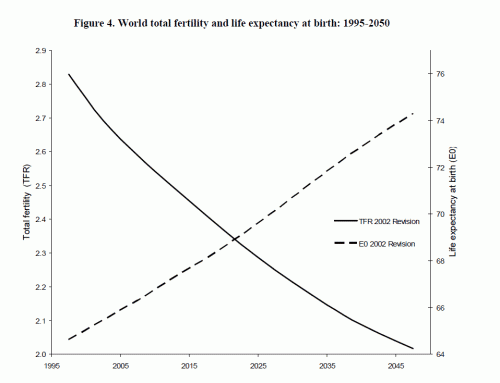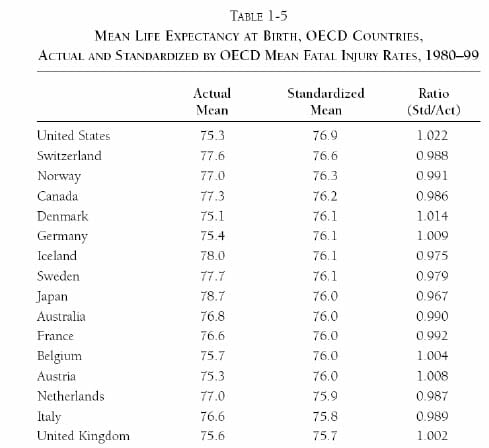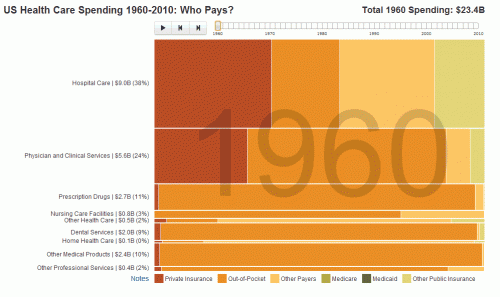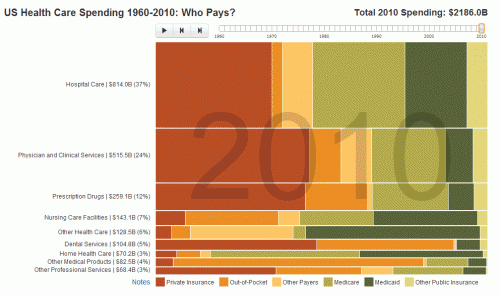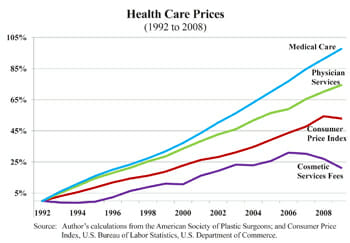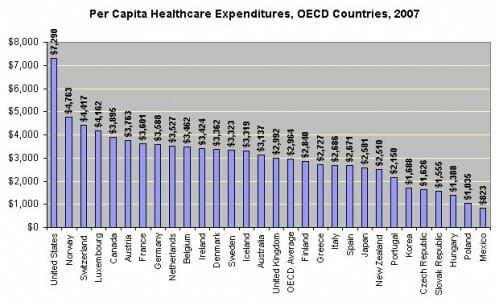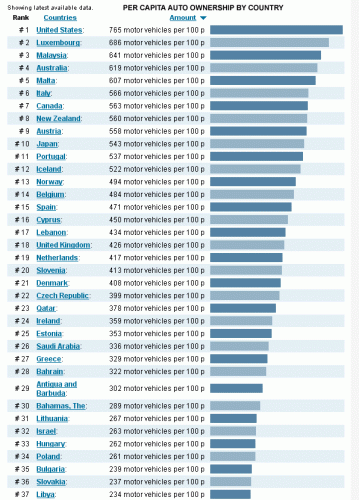Trend That Is Not A Trend: Dan Brown is an Idiot Edition
I just finished reading Dan Brown's new novel Inferno. Dan Brown novels tend to be love-it-or-hate-it things for me. They are structured exactly like computer adventure games, with a series of quests and puzzles that lead to the next quest or puzzle which eventually reveal a larger story line and a final confrontation. Just as this sort of adventure game can be engaging or tedious and repetitive, so too can be Dan Brown books. The Da Vinci Code is excellent, the others are meh, just overly-convoluted snipe hunts.
So I had expected to either love or hate Inferno. It turns out it was awful, but for an entirely unexpected reason: for some insane reason, Dan Brown seems to have come under the spell of Paul Ehrlich doomsters, and has crafted a book with a deep fear of population growth that is right out of the 1970's.
Mild spoilers follow (mild meaning most of this is revealed in the first third of the book)
It is clear from almost the beginning of the book that Brown's hero, Robert Langdon, is on the trail of some sort of mad genius who is convinced that the Earth is headed for a horrible collapse due to human population growth. This character is enamored of the medieval black death and believes that the best thing for modern man would be some sort of repetition of this kind of plague.
The exhausting part for any rational person trying to read this book is that it is clear that the author Brown mostly agrees with this character. We know this because all of the arguments characters marshal against the villain are so lame and half-hearted. In general, the tone of the response to this man is "yes, you are absolutely correct that human population growth will inevitably lead to a complete catastrophe but your idea of a plague is a bad solution."
By the end of the book, everyone formerly opposed to this scientist have come around to reluctantly agreeing with his point of view. If you ever read Tom Clancy's Rainbow 6, where an environmental group tries to kill off most of the world's population, this is essentially the same plot written, incredibly, by an author that seems to agree with the basic idea. If you are not convinced that Dan Brown himself agrees with the terrorist, I will also provide one more convincing piece of evidence -- though since it is a much bigger spoiler I will leave it for the end below the fold. If you have read the book or don't intend to, skip below the fold and then come back.
This idea of catastrophic population growth is idiotic. Accelerating population growth is a trend that is not a trend.
There is absolutely no trend towards out of control population growth. In fact, the trends actually run in the opposite direction, with birth rates and population growth rates falling such that most demographers foresee an Earth stabilizing around 9-10 billion people and possibly falling in population after that. Since Dan Brown uses senior UN officials in the book to agree that population growth will result in disaster, I will use UN figures. These are from a 2005 UN population report.
First, population growth rates have been falling for decades and will continue to fall. They are falling in every part of the world.
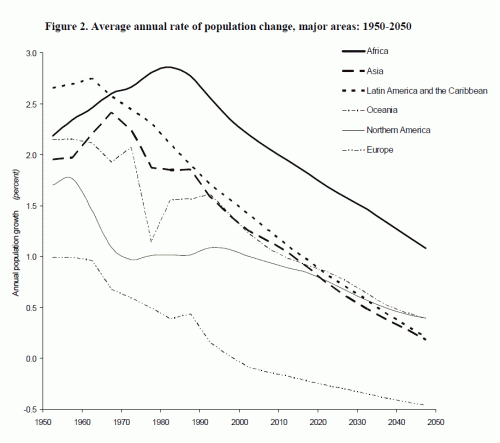
A cynic might argue that this is due to death and disease, but in fact birth rates are falling everywhere
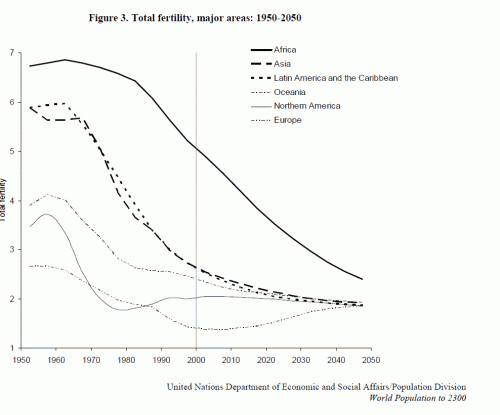
This data is about 10 years old but Wikipedia summarizes the most recent UN data and shows this trend has continued (TFR is total fertility rate):
| Years | TFR |
|---|---|
| 1950–1955 | 4.95 |
| 1955–1960 | 4.89 |
| 1960–1965 | 4.91 |
| 1965–1970 | 4.85 |
| 1970–1975 | 4.45 |
| 1975–1980 | 3.84 |
| 1980–1985 | 3.59 |
| 1985–1990 | 3.39 |
| 1990–1995 | 3.04 |
| 1995–2000 | 2.79 |
| 2000–2005 | 2.62 |
| 2005–2010 | 2.52 |
| 2010–2015 | 2.36 |
People focus on the amount the world population has increased over the last 60 years to produce shock numbers, but the real stunner is the drop in fertility rates -- nearly in half, which is really astounding. I still have my treasured first edition of Ehrlich's Population Bomb. It is hilarious reading, all the more so because he gets everything so wrong, yet the media still tends to take him seriously.
The recurring theme in Inferno is that man's greatest problem is that he has successfully tackled many diseases and thus increased life expectancy, and it is this longer life expectancy that will be the roots of mankind's Malthusian downfall.
However, exactly the opposite is true. There is a ton of scientific work that says that longer life spans lead to lower fertility rates (the other thing that most contributes to lower fertility rates is economic growth). Here is a chart right out of the UN study linked above showing a clear inverse correlation between life expectancy and birth rates. Correlation is not causation, but this is backed by a ton of other empirical evidence to support causation.
Wow.
There is no trend towards accelerating population growth -- the trend is in the opposite direction, to deceleration. And folks who have underestimated man's ingenuity in feeding larger populations have always turned our to be wrong. Ehrlich said there was no way --- absolutely no way -- India could feed an additional 200 million people by 1980. Well, in 2013 it feeds an additional 800 million people to a better standard that the country was fed in Ehrlich's time. Hell, we could probably feed an additional half billion more just by repealing laws that put a significant amount of America's food production into automotive fuels.
PostScript / Large spoiler and more discussion below the fold
Continue reading ‘Trend That Is Not A Trend: Dan Brown is an Idiot Edition’ »
